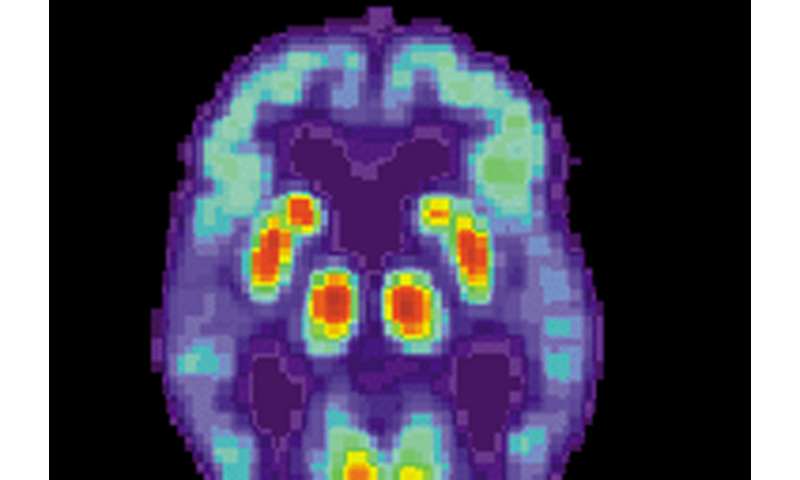
New research suggests that the complex meshwork of proteins and potentially other biomolecules that provides structural and biochemical support to surrounding cells in the brain may play an important role in Alzheimer’s disease. The study, which was conducted by investigators at Massachusetts General Hospital (MGH) in collaboration with scientists from Changchun Institute of Applied Chemistry of Chinese Academy of Sciences and Leibniz Institute for Interactive Materials in China and Germany, is published as a very important paper (VIP) in Angewandte Chemie International Edition.
The meshwork that provides support to cells—called the extracellular matrix (ECM)—contains fibrous proteins such as elastin. When the MGH researchers, along with their colleagues, investigated whether the components from brain ECM may influence the pathogenesis of Alzheimer’s disease, they found that elastin-like polypeptides (ELPs) of the ECM significantly increased accumulation of amyloid-beta peptides—a hallmark of Alzheimer’s disease—in both cell and animal models of Alzheimer’s disease. Furthermore, mice treated with ELPs showed significant cognitive impairment.
Regarding the mechanism involved, the elevation in amyloid-beta levels was related to increased processing of the precursor protein that eventually becomes amyloid-beta.
“The etiology of Alzheimer’s disease is complex and has not been completely elucidated,” said senior author Can (Martin) Zhang, MD, Ph.D., of the Genetics and Aging Research Unit, McCance Center for Brain Health, in the MassGeneral Institute for Neurodegenerative Disease (MGH-MIND). “Our study takes advantage of the rich expertise of our cross-disciplinary team from biochemistry, genetics, cell and molecular biology, and biomaterials, which led to the discovery of a new piece in the puzzle of understanding Alzheimer’s disease.”
Source: Read Full Article
